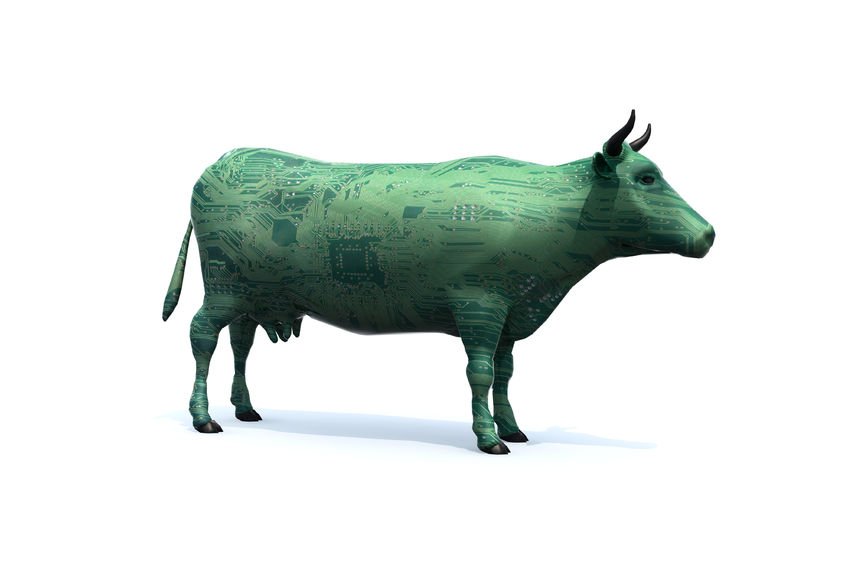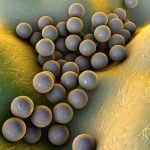Node Smith, ND
The Time is Now to STOP Using Prophylactic Antibiotics in Healthy Animals
New advisory guidelines from the World Health Organization (WHO) urge farmers to stop the use of prophylactic antibiotics on healthy animals.1 Currently, many farmers worldwide use antibiotics on healthy animals to ensure better growth (weight gain) and disease prevention. This routine use of antibiotics is finally being acknowledged by the WHO as a major contributor to antibiotic resistance through over and inappropriate use.
Use of Antibiotics on Animals is way More Prolific than in Humans
Director-General of the WHO, Tedros Adhanom Ghebreyesus, states that “A lack of effective antibiotics is as serious a security threat as a sudden and deadly disease outbreak.” He acknowledges that in order to “turn back the tide of antimicrobial resistance,” action in multiple sectors is crucial; this includes agricultural and pastoral uses. It is already well known that there is overuse of antibiotics in medicine, however, the use of antibiotics on animals is way more prolific than in humans; in healthy animals.
First of its Kind from the WHO
This is the first formal guideline document of this nature from the WHO. It calls to attention that in many countries 80 percent of antibiotic consumption is from animals, and this is a major threat for antibiotic resistance. It calls for a “complete reduction in the use of all classes of medically important antibiotics in food producing healthy animals.” It also states that “antibiotics should not be used for the purposes of disease prevention without diagnosis.” The WHO urges disease prevention through improved hygiene and animal husbandry practices.
European Union Banned the Use of Antibiotics for Enhancing Animal Growth 11 Years Ago
This statement comes 11 years after the European Union banned the use of antibiotics for enhancing animal growth. The consumer market is also demanding antibiotic free end products. The WHO is looking to support similar bans in other countries with this release, as well as the banning of all future antibiotics developed for animal use.
Source:
WHO Antibiotics Animals Effectiveness
Image Copyright: <a href=’https://www.123rf.com/profile_fberti’>fberti / 123RF Stock Photo</a>
 Node Smith, ND, is a naturopathic physician in Portland, OR and associate editor for NDNR. He has been instrumental in maintaining a firm connection to the philosophy and heritage of naturopathic medicine among the next generation of docs. He helped found the first multi-generational experiential retreat, which brings elders, alumni, and students together for a weekend camp-out where naturopathic medicine and medical philosophy are experienced in nature. Four years ago he helped found the non-profit, Association for Naturopathic ReVitalization (ANR), for which he serves as the board chairman. ANR has a mission to inspire health practitioners to embody the naturopathic principles through experiential education. Node also has a firm belief that the next era of naturopathic medicine will see a resurgence of in-patient facilities which use fasting, earthing, hydrotherapy and homeopathy to bring people back from chronic diseases of modern living; he is involved in numerous conversations and projects to bring about this vision.
Node Smith, ND, is a naturopathic physician in Portland, OR and associate editor for NDNR. He has been instrumental in maintaining a firm connection to the philosophy and heritage of naturopathic medicine among the next generation of docs. He helped found the first multi-generational experiential retreat, which brings elders, alumni, and students together for a weekend camp-out where naturopathic medicine and medical philosophy are experienced in nature. Four years ago he helped found the non-profit, Association for Naturopathic ReVitalization (ANR), for which he serves as the board chairman. ANR has a mission to inspire health practitioners to embody the naturopathic principles through experiential education. Node also has a firm belief that the next era of naturopathic medicine will see a resurgence of in-patient facilities which use fasting, earthing, hydrotherapy and homeopathy to bring people back from chronic diseases of modern living; he is involved in numerous conversations and projects to bring about this vision.





